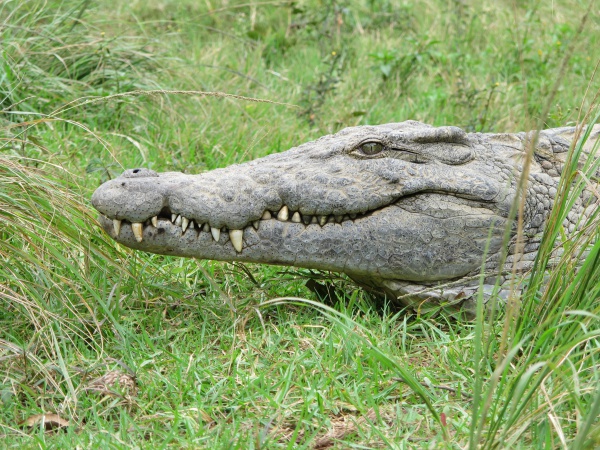Difference between revisions of "Croc Farm"
| Line 3: | Line 3: | ||
[[File:Croc Farm 001.jpg|600px]] | [[File:Croc Farm 001.jpg|600px]] | ||
| − | Croc Farm is one of the most visited private parks in Madagascar. Visitors can not only observe crocodiles (as the name indicates), but also some 80 animal species and various plants and flowers growing on Madagascar. Amongst others, trained guides will show visitors the smallest chameleon in the world, free-living [[Sifaka]] lemurs, [[ | + | Croc Farm is one of the most visited private parks in Madagascar. Visitors can not only observe crocodiles (as the name indicates), but also some 80 animal species and various plants and flowers growing on Madagascar. Amongst others, trained guides will show visitors the smallest chameleon in the world, free-living [[Coquerel's sifaka|Sifaka]] lemurs, [[fossa]], snakes, frogs, parrots and turtoises. |
{| class="imageTable" | {| class="imageTable" | ||
Revision as of 15:07, 4 February 2013
The zoological and botanical park Croc Farm is located in a valley just ten minutes by car along a bumpy road from Ivato Airport. Spanning three hectares, this lush green oasis is ideal for day trippers from Tana or an entertaining pastime before entering the plane.
Croc Farm is one of the most visited private parks in Madagascar. Visitors can not only observe crocodiles (as the name indicates), but also some 80 animal species and various plants and flowers growing on Madagascar. Amongst others, trained guides will show visitors the smallest chameleon in the world, free-living Sifaka lemurs, fossa, snakes, frogs, parrots and turtoises.
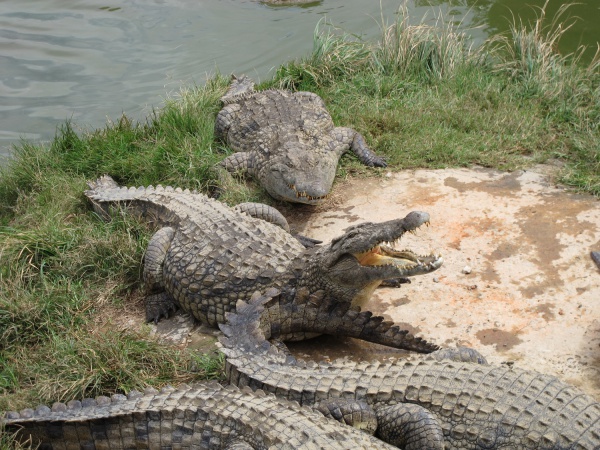
| ||
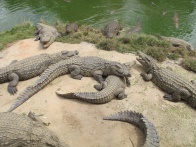
|
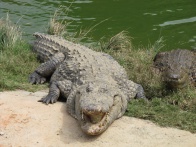
|
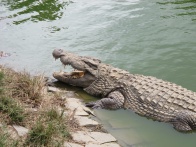
|
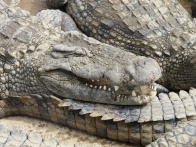
|
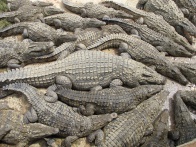
|
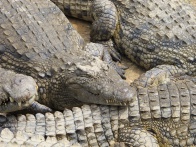
|
However, the main attraction are the huge Nile crocodiles, the biggest predator of Madagascar. Hundreds of crocodiles can be seen lazing in the sun at the shores of a lake. The best time to see the crocodiles in action is during feeding time (Wednesday, Friday and Saturday around 1pm). Croc Farm also informs visitors about the serious threats the few wild-living crocodiles face in Madagascar and about various legends that surround those impressive reptiles.
The restaurant Coco d'Iles Taverne situated next to the lake serves all kind of crocodile specialties, such as Croc Burger (15.000 Ariary) and grilled croc meat on a stick (15.000 Ariary). For those who do not want to try something new, there are also various croc-free and vegetarian dishes available.
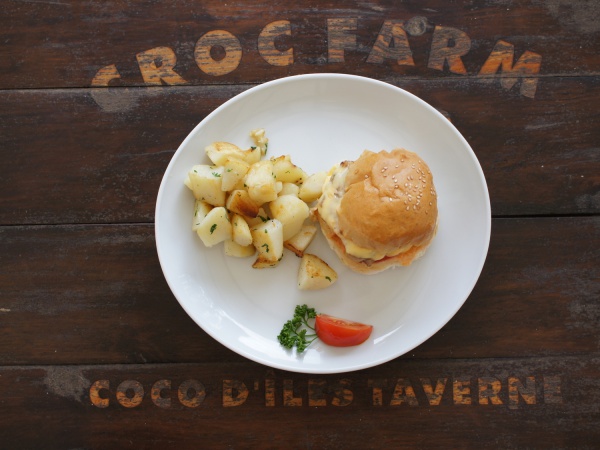
| ||
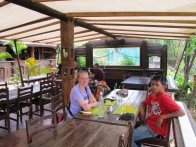
|
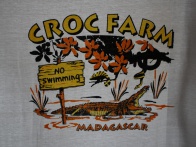
|
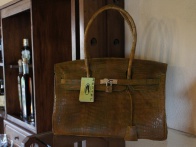
|
The crocodiles at Croc Farm are raised for leather and meat. Reptel, the company behind Croc Farm, is for more than 20 years breeder, producer and exporter of Nile crocodile skins for luxury leather goods. Reptel Madagascar is today one of the few enterprises worldwide, which integrate the entire production process from collecting the crocodile eggs to the final production of fine leather goods. The production cycle is divided into four steps: 1) the collection and incubation of the eggs, 2) the first growth phase of about six months, 3) second growth phase until slaughtering depending on the size of the skin and 4) slaughtering and processing before export or local tanning. As of 2007, the tanning process is done 100% vegetable. Reptel has its own brand of leather goods, that are designed and produced at their own workshops. Fine Reptel leather products, such as handbags and belts, can be obtained at the souvenir shop at the Croc Farm, or at the Reptel shop in Hotel Carlton in Antananarivo as well as in the duty free zone of Ivato Airport.
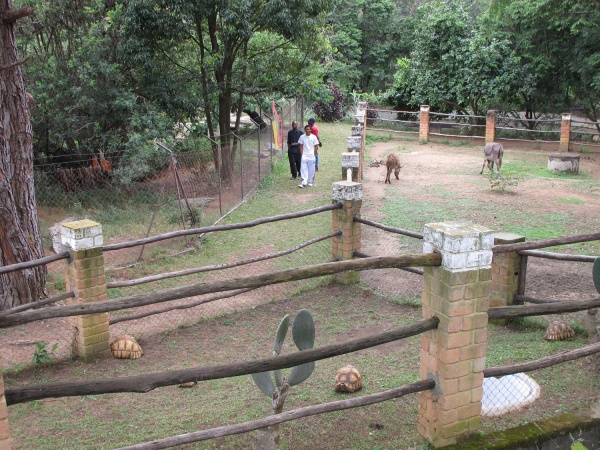
| ||
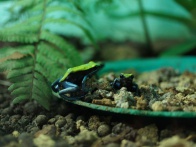
|
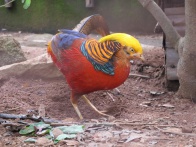
|
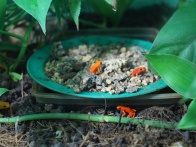
|
The Croc Farm is open daily from 9am to 5pm. The entrance fee for tourists is 10.000 Ariary (2012) and for Malagasy 5.000 Ariary (2012). The guides inside the park may expect a small tip. Children under eight years are free of charge.
Croc Farm
Antananarivo - Ivato
Madagascar
Tel: +261 (0)22 03071
View all Croc Farm photos
Aborigine legend about crocodiles
"Many legends and myths about crocodiles are told by Aborigines of Australia's tropical north. Some of these legends concern the beginning of the universe. According to an ancient legend in the native Aboriginal Gunwinggu language of Arnhem Land, the todays Liverpool river was created by a large ancestral crocodile. This crocodile came from inside the earth beyond the mountain ranges and headed for the sea chewing the earth in its path and leaving deep furrows, which were filled with water to form the river Liverpool."
